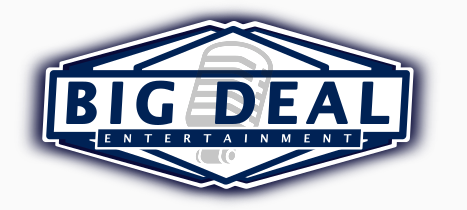 When you need to organize audio equipment for a conference presentation, you may wonder whether you should buy the equipment you need or rent it. There are pros and cons for both options, but it can be hard to ignore all the noise and determine what best suits your needs.
When you need to organize audio equipment for a conference presentation, you may wonder whether you should buy the equipment you need or rent it. There are pros and cons for both options, but it can be hard to ignore all the noise and determine what best suits your needs.
When deciding whether to rent or buy audio equipment, you need to consider a number of factors, including cost, your technical capability and your current and future needs.
Is Renting Audio Equipment Simpler?
Renting audio equipment can ultimately result in fewer hassles. By renting, you don’t have to worry about finding storage space for your equipment when you’re not using it. And companies that rent equipment can usually transport it to the venue where it’s needed so you don’t have to worry about lugging heavy speakers around either. They may also be able to set up the equipment and operate it.
Renting audio equipment can also lead to fewer headaches in the long-term. You won’t be on the hook for any routine maintenance fees or stuck with a piece of out-of-date equipment that you’ll need to upgrade or replace later.
Is Buying Audio Equipment Limiting?
Of course, if you buy audio equipment, it means you’re responsible for its storage and upkeep. And to make the most of your investment, you’re obligated to use that equipment. This is great when the gear is equal to the task at hand, but when your needs aren’t met by the equipment you’ve got, it hampers your flexibility.
This could be a problem if you have a guest speaker who’s accustomed to using equipment you don’t have, for instance, or if your equipment isn’t compatible with a potential venue.
So Should You Buy or Rent?
There’s no easy answer to whether you’re better served by a purchase or a rental. Take these factors into consideration before you decide whether to buy or rent your audio equipment:
- Versatility of the equipment — If it can be used for multiple projects, it may be worth buying. On the other hand, specialized, single-function equipment tends to be more suited to renting.
- Your future needs — If the same piece of gear is just going to gather dust on your warehouse shelf, it might be best to rent it only when you need it.
- Your technical expertise — If you’re inexperienced in setting up and operating audio equipment and don’t have a technician readily available, you may be better off renting — the peace of mind that comes with an expert technician is highly valuable, and they can save you time to boot.
- The equipment’s shelf-life — Some pieces of equipment stay useful for decades, while others need to be upgraded every few months or years. Consider the cost against the lifespan of the equipment — frequently-updated models might be worth renting as opposed to buying.
By taking into account your current and future needs and capabilities, along with your budget, you’ll be able to determine whether you should rent or buy the audio equipment you require.

